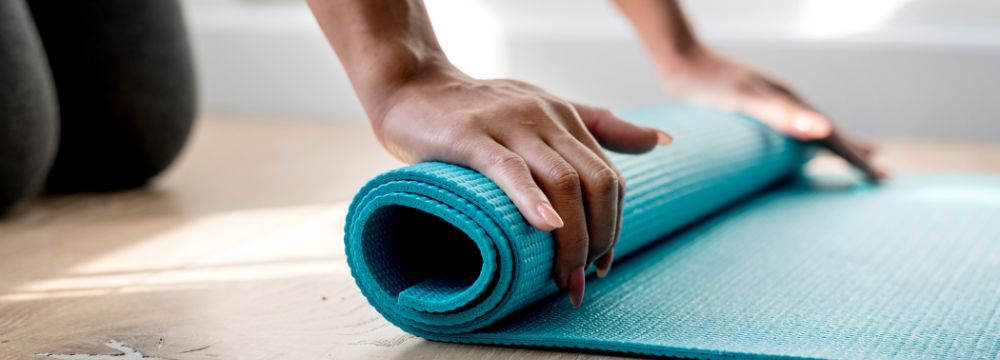After Bariatric Surgery

Several weeks after your bariatric procedure, you must take one of the essential lifelong lifestyle changes you’ll ever embark on to the next level – a proper exercise regimen. Why is this so important? Well, exercise is necessary for your overall health, but it also plays a crucial role in the success of your bariatric procedure.
Most of us think of what feels like hours running on the treadmill or doing the elliptical when the topic of exercise comes up, but it’s so much more than that. Sure, cardiovascular training is necessary, but strength training also plays a vital role. For one, strength training increases muscle mass, which can suffer, especially in the early days after bariatric surgery when you lose significant weight but haven’t yet ramped up to your full exercise regimen. Muscle mass is critical for several reasons.
- First, the muscles stabilize and take pressure off the skeleton. Without proper musculature to support them, joints have a greater risk for degradation, and we significantly increase the risk of severe skeletal problems, such as herniated discs.
- Muscle also burns more calories at rest than similar fast mass. This means that if you build strength, you will necessarily burn more calories, even if you aren’t exercising or dieting any more than you are now.
- Lastly, exercise is critically important to bone health and osteoporosis. Most of us, especially after years or decades of living with obesity, could use a boost in bone health.
Lower Intensity Training
In addition to strength training and High-Intensity Interval Training (HIIT), lower-level (zone 2) exercise is crucially important to developing a foundational level of fitness that supports your more strenuous activities. Zone two involves maintaining 70 to 80% of the maximum heart rate for about 45 minutes to an hour. While having a heart rate monitor is best to understand if you are hitting your numbers, the best way to estimate this heart rate is to feel like you’re having a good workout but not out of breath. In other words, you can maintain a normal conversation during the exercise. As a bonus, zone 2 training can be done relatively soon after your surgery, so speak to Drs. Huguet or Peterson for clearance.
Establishing a comprehensive and varied exercise program can reduce the likelihood of injury, which would otherwise sideline you for weeks or even months. But when should this exercise regimen begin? Ideally, you start this exercise well before your surgery. And while it is never too early or too late to start exercising, starting before your surgery means that you begin the process with higher muscle mass that, in the end, makes everything that much easier.
The other important consideration is that you will still carry significant excess weight in the first year or two after bariatric surgery. You must be very careful with the exercises you perform. Specifically, avoiding high-impact activities reduces the risk of joint damage, known as osteoarthritis. Most commonly, we see patients with problems in the knee and spine, but honestly, any joint can be worn down by excess weight. It’s worth remembering that the mechanics of excess weight does not just cause this degradation process. Adipose or fat tissue also secretes a pro-inflammatory chemical that attacks the integrity of your joints.
Are You Going to the Gym or Staying Home?
As to the question of whether you should go to a gym, this largely depends on you and what you are most likely to keep up with. In other words, you should consider going to the gym if you get distracted and make excuses at home. Similarly, if the gym is far away, or you can’t work it into your daily routine, you may prefer performing exercises at home.
Don’t Get Injured or Bored
Repetitive exercises day in and day out will not only bore you to no end, but they will also bore your muscles. Your muscles need to be challenged, and you can do so by varying the machines and weights you use while also giving your body enough rest between workouts. If your muscles are slow to recover, this may be perfectly normal, and you need to provide them with some extra time. If your muscles seem to recover quickly and you don’t experience much soreness, you can probably work them harder. Most importantly, speak to your medical team and an exercise professional to understand the best options for you.
Next Steps
Few people know as much as Dr. Huguet when it comes to exercise. In fact, he has dedicated much of his life to pursuing the highest fitness levels. We encourage you to speak to Dr. Huguet during one of your post-op appointments to learn more.









